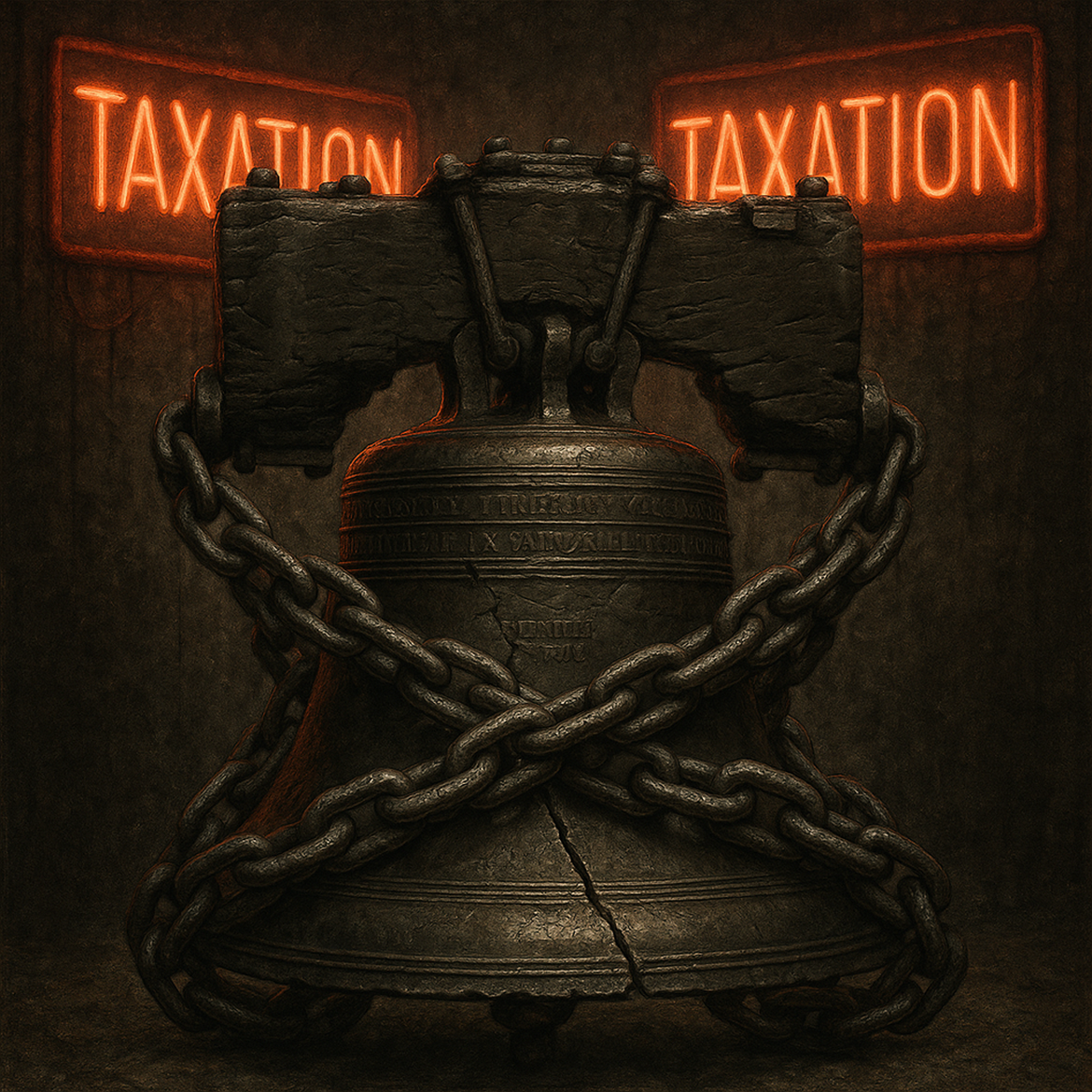When you hear politicians talk about “building the future,” pay close attention. What they really mean is controlling the future. Big government doesn’t create—it manages, directs, and restricts. Look at history. The most innovative societies weren’t the ones with the most rules. They were the ones with the most freedom.
Think about the internet. It wasn’t invented by a government committee. It came from decentralized, independent thinkers working outside strict systems. Now? Governments want to regulate it, tax it, and monitor it. Progress slows when control increases.
The Bureaucracy Bottleneck
Big governments love processes. Applications, permits, licenses—every step is another hurdle. Want to start a business? Good luck navigating the maze of red tape. The more layers you add, the harder it becomes for real builders to move fast.
Small towns with little government oversight often thrive because people can act quickly. Compare that to major cities where permits take months and costs balloon. The system isn’t designed to help you succeed. It’s designed to keep you in line.
The Myth of Public Projects
Governments love taking credit for big projects—roads, bridges, airports. But who actually builds them? Private companies. And who pays for them? You do, through taxes. The government doesn’t create anything. It just decides where your money goes.
Ever notice how public projects always go over budget and take twice as long? That’s not an accident. When there’s no competition, there’s no reason to be efficient. The longer it takes, the more jobs they can justify. The more it costs, the more they can tax.
Control Through Dependency
The more a government provides, the more power it has over you. Free healthcare? Free education? Sounds great—until you realize nothing is free. You pay with your taxes, your compliance, and your freedom.
Look at countries with massive welfare systems. Do they produce more innovators, more entrepreneurs? Or do they create populations that rely on the state for everything? Dependence is the goal. If you need the government to live, you’ll never challenge it.
The Slow Strangle of Regulation
Every new law, every new rule, is another brick in the wall. At first, regulations seem harmless—safety standards, environmental protections. But over time, they pile up. Small businesses can’t keep up. Only the biggest corporations survive, and they’re often in bed with the regulators.
The result? Less competition, higher prices, and fewer choices for you. The government doesn’t protect you from big business—it helps big business control the market.
The Fear Factor
Why does government grow? Because fear sells. A crisis happens—real or exaggerated—and suddenly, new laws are “necessary” to keep you safe. More surveillance, more restrictions, less privacy. Each time, they promise it’s temporary. But power never shrinks on its own.
After every major event, freedoms are lost. And they rarely come back.
The Alternative: Decentralization
Real progress happens when people are free to experiment, to fail, to try again. Look at the most successful companies in the world. They started in garages, dorm rooms, small offices—not government labs.
The less control the government has, the more room there is for actual builders. Local solutions beat top-down mandates every time. Communities that govern themselves adapt faster, solve problems better, and live freer.
The Bottom Line
Big government doesn’t build. It doesn’t innovate. It controls. The more power it has, the less you do. If you want real progress, look outside the system. Support the creators, the rebels, the ones who don’t wait for permission.
Because in the end, the future isn’t built by committees. It’s built by people who refuse to be managed.

Sorry, the comment form is closed at this time.